In conjunction with the Supersalone del mobile 2021 and the buzz about the captivating events that (as already anticipated here) also accompanied it this year, we would like to take this opportunity to dwell on a mode of doing design that is apparently more humble, as much as it is more committed to sustainability. We do so by examining the commitment to responsible design with which a young couple of designers are making their way. Together and not by chance, they have chosen to identify themselves with Poco Disegno, but a lot of dedication to man and matter!
Who are and how are Poco Disegno born?
Based in Moncalieri (TO), Poco Disegno is an emerging industrial design studio founded by Gianluigi Frezzini and Fabrizio Gagliano with the naïve aim of drawing attention to a concept of design that reaffirms its function as a tool to improve everyday life. Convinced that industrial design has the power/duty to encourage cultural, social and, today more than ever, environmental progress, the two Piedmontese designers have embarked on a road that is certainly not easy in a sector that could not help but yield to the allure of Instagrammability.
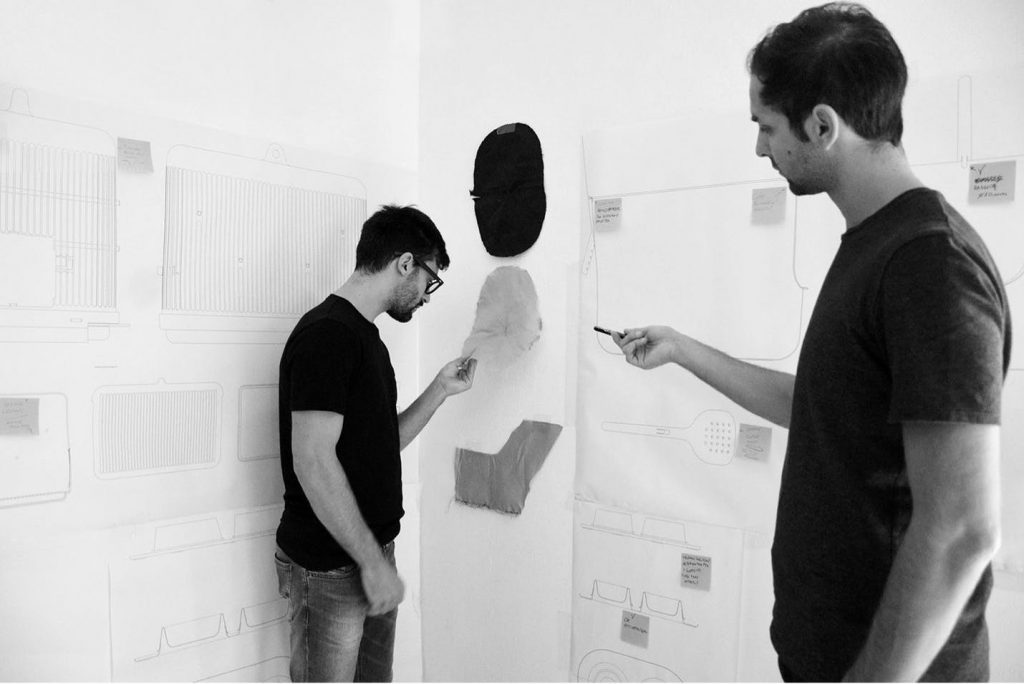
n fact, they have always been attracted by the humanistic approach of projects born from simple intuitions about the ordinary – trivially analyzing social changes. They then cultivated the attitude of “designing to improve” starting from their post-university days when they began to realize their academic projects, re-editing and prototyping them. Right from the start, they found that contemporary design is lacking valid content in favor of sterile formal exercises. Instead, they decided to focus attention on the needs and, above all, on the themes of contemporaneity.
Theirs is, therefore, an arduous attempt to shift the focus of a discipline increasingly associated with questions of style towards an aesthetic imbued with shareable values.
But how does Poco Disegno pursue the mission of designing responsibly?
First of all, by focusing the design process on an anthropological approach. It is no coincidence that Gianluigi and Fabrizio aim at the essence of every project in which they are involved. It is through the removal of the futile, in fact, that the young studio pursues the objective that actually distinguishes it. Respond to the main issues that plague the contemporary world, such as overproduction, pollution of logistical processes, and fast shopping. In doing so, they propose to encourage a type of innovation that has a positive impact on several fronts.
Thus, by first identifying all possible functional requirements of an object, such as usability; manufacturing processes; durability, and life cycle, they let ideas evolve and not come from nothing. Moreover, by following the entire process of research, development, and production, thanks to the support of dedicated experts to whom they turn from time to time, they manage to ensure that the finished products on the market with the Poco Disegno signature are as relevant as they are consistent with their approach. This is because, in order to take care of others, it is necessary to deeply understand what today’s demands are. Without getting trapped in conventions that have become entrenched.
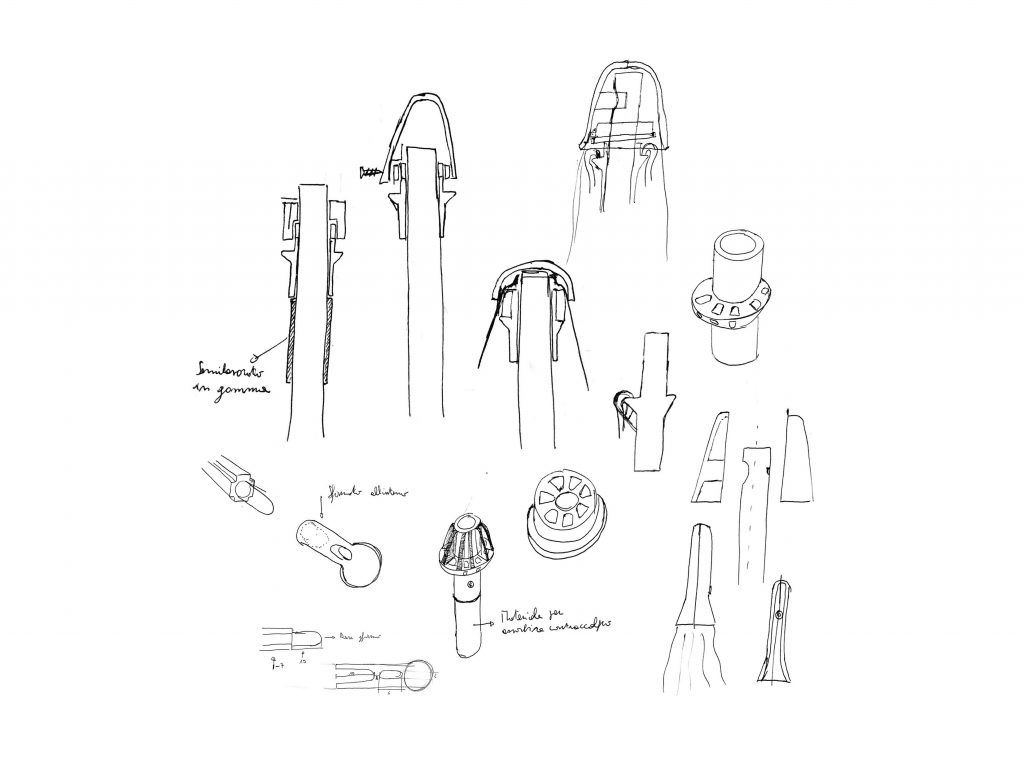
How does this responsible approach to design translate in practice?
The most explicit example of the way in which Poco Disegno materializes the invitation to rethink our relationship with objects is U211, the umbrella for life. Umbrellas are small, inexpensive accessories and therefore considered disposable. Also because they break with a renowned simplicity. So how could they improve the design of such a product that has always remained unchanged?
Working with Ombrellificio Torinese, a small artisan workshop that has been dedicated to ensuring the durability of umbrellas for five generations with high tenacity yarns and four-ply hemmed seams, they realized that the real issue to be solved was inherent in the joints. Just breaking one could damage the entire mechanism and then having to rebuy a new umbrella. What’s more, recycling the old one is not such a trivial process. You need to separate the different components while also considering the glues that hold them together.
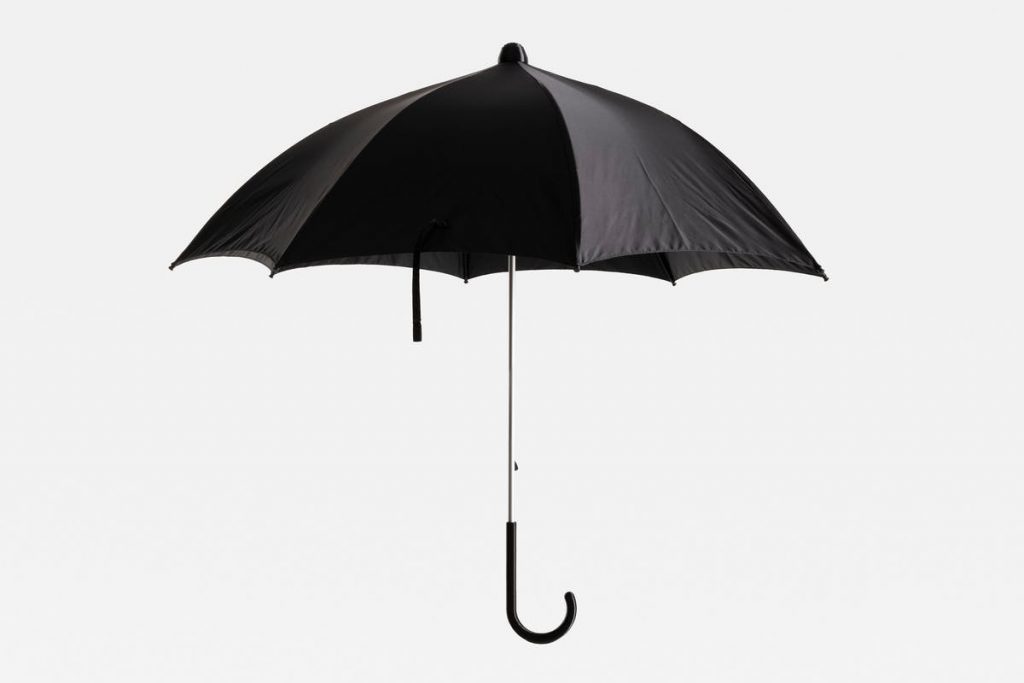
Thus, through a long process of research and comparison with various companies, including Appiani, they introduced to the market a durable and easy to repair umbrella. This is thanks to a mechanism that avoids the use of glue but is based on only two screws. One that fixes the handle and the other for the mechanism. In this way, U211 is entirely dismountable and its components can be easily replaced. But that’s not all. Each element is also recyclable. The rod is made of aluminum, the mechanism is made of PET plastic (polyethylene terephthalate, a 100% recyclable polyester), and the lining of recyclable fabric. That’s what it means to design objects that are meant to last and be repaired indefinitely.
And in furniture, how does Poco Disegno achieve such results?
Apparently not! On the contrary, their Stacky collection demonstrates that, by virtue of a strong sustainable sensitivity, it is possible and right to innovate without polluting, but with deep respect for man and the environment.
Together with Plart, a brand of polyethylene objects belonging to the Cornaglia Group, Poco Studio has in fact created a family of stackable furniture in rotational molding (rotomoulding) that optimizes shipping space, thus decreasing costs and the resulting pollution. For those unfamiliar, polyethylene is a non-toxic, 100% recyclable material that is resistant to low and high temperatures, impact, and sunlight. However, roto-molded products generally require a lot of space to ship due to their size. Not surprisingly, it is a process mostly applied for outdoor supplies.
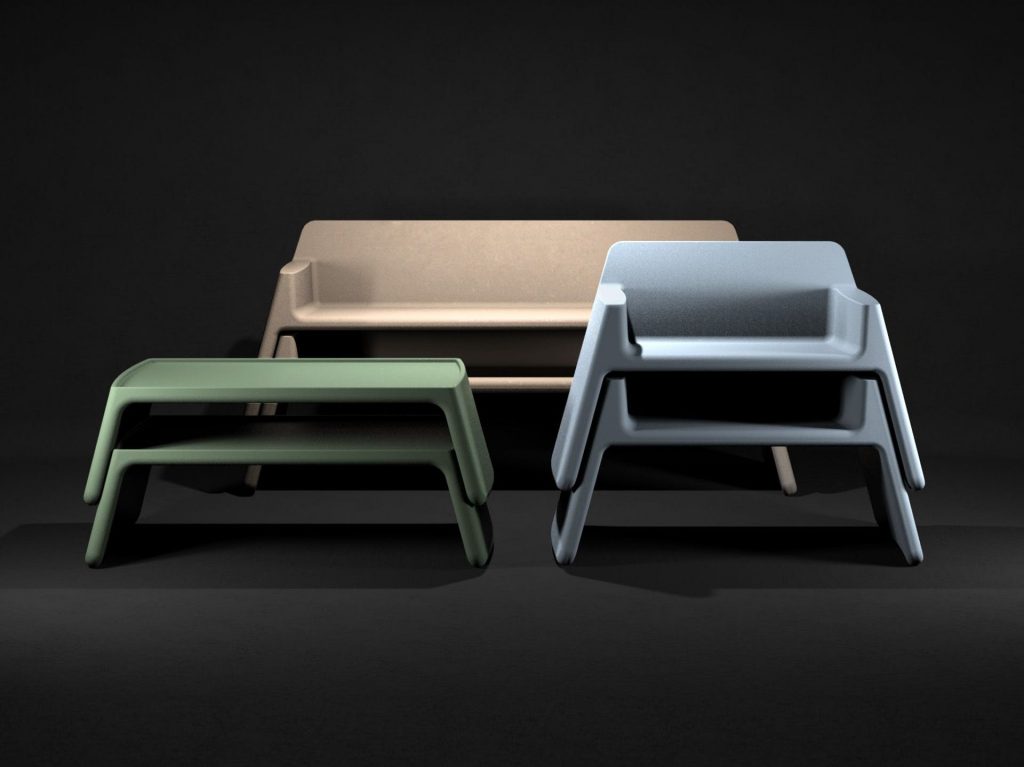
Therefore, the two designers kept in the project only the surfaces and components necessary to perform the functions for which the furniture was intended; then making the entire volume stackable. By smoothing out the edges, they have given stability to the plastic structure, also ensuring a better-perceived quality.
The question that arises at this point is: has the time not come for the entire design industry to definitively unite aesthetics, profit and ethics?
Without giving in to trends and styles, Poco Disegno demonstrates that the fusion of practicality, strategy, poetry, and sustainability is anything but unattainable. Siding in favor of visions that are sometimes against the current, but such as to succeed in attributing new meanings to our daily behaviors, they are succeeding in guiding more companies towards a more careful and at the same time profitable production.
DAfter all, taking as its main model of reference the Danese productions of the ’60s, which, for those who had the opportunity to become acquainted with them, were bearers of contents of meaning resolved with a minimal form, Poco Disegno attributes much more importance to a shrewd design approach than to the simple design of wonderful objects.
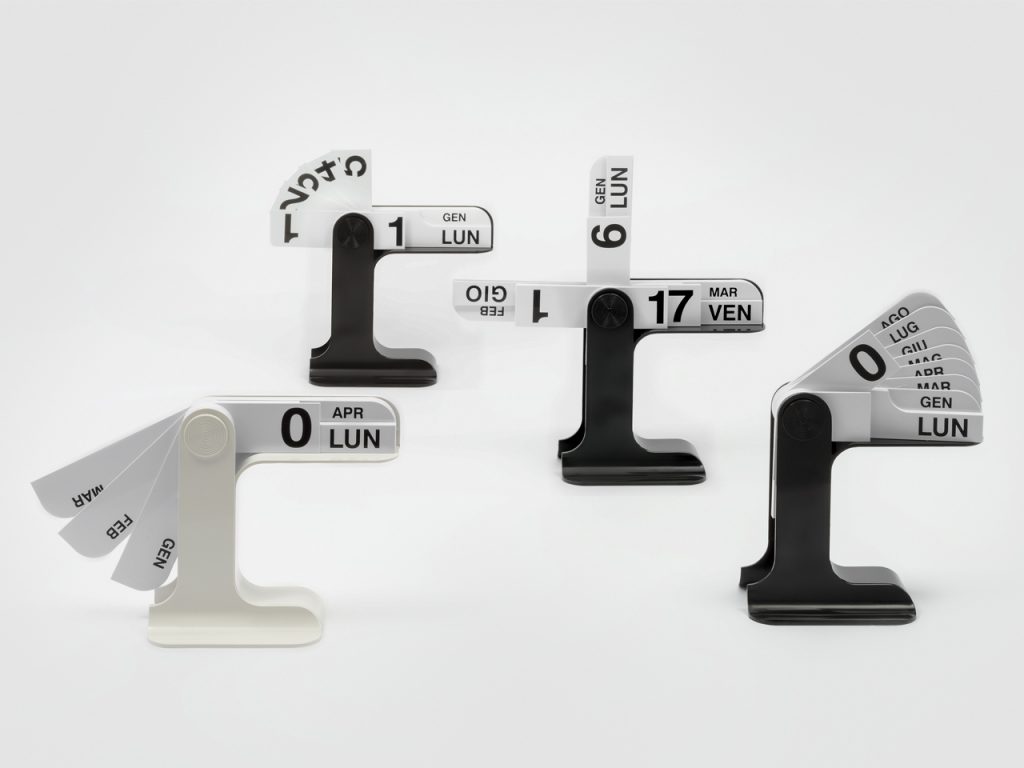
This is why design for them is much more than a consulting activity. The work of Poco Disegno is, in fact, a way of making a small contribution to the evolution that sees us all as protagonists and at the same time involved, indebted and indispensable.





